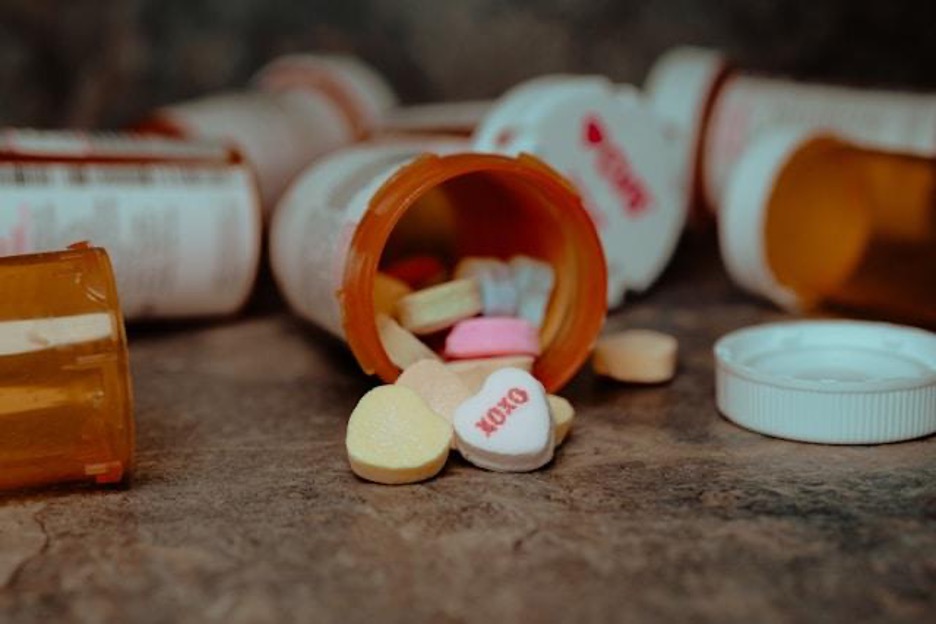
Photo by Lance Reis on Unsplash
Misusing prescription medications or using them for an extended duration can result in developing a physical dependence on drugs. Abruptly stopping in such cases is unsafe, as some prescription drugs are habit-forming.
Prolonged use, even for legitimate reasons, leads to withdrawal symptoms upon cessation. This doesn't indicate addiction but rather drug dependency. This guide explores the safe cessation of prescription drugs for those with physical dependence and addresses the more severe issue of prescription drug abuse and addiction.
Enjoy Quality Time With Your Loved Ones
Creating and maintaining a loving relationship with your family and a happy home is a simple yet powerful tip that can help prevent substance abuse. Being connected to loved ones enables you to detect warning signs early.
Prioritise spending time with trusted individuals like parents, siblings, good friends, or close relatives. Avoid associating with individuals who misuse prescription drugs or engage in substance abuse, as they may influence this behaviour.
Question Your Doctor About Your Medication
Many individuals simply pick up a prescription, head to the nearest pharmacy, purchase their medications, and ingest them almost automatically. While doctors prescribe the drugs, you must seek additional vital details about the prescribed medications.
When discussing medication with your doctor, remember to inquire extensively. What are the potential side effects? Are there any contraindications (conditions that may pose risks with the medication) to watch out for? If an overdose occurs, how severe are the repercussions of this specific drug that you'll be taking for a month?
It's surprising how many people feel uneasy about a prescribed medication but take it without questioning because they deem it necessary. It’s vital to avoid this. Conduct research and learn more about your medications. Being informed and knowledgeable is always beneficial. For example, HGH therapy can be used for treating certain medical conditions in children or adults, but it's important to understand the potential risks and benefits before starting the therapy, along with the HGH cost.
Avoid Sharing Your Medications
Many family members and friends often share their medications, believing it will help since it worked Many family members and friends often share their medications, believing it will help since it worked. These dosages and types are selected with personal characteristics in mind and are unsuitable for general use.
Sharing your medications with others is strongly discouraged. It not only constitutes a third-degree felony but also risks initiating a cycle of abuse and can potentially lead to an overdose.
Safely Get Rid of Unused Medications
To reduce the inappropriate use of prescribed medications, understand correct disposal methods. Initially, check with your nearby pharmacy for a potential "give back" initiative. Contact local law enforcement to inquire about prescription disposal programmes. If these choices are not accessible, you can dispose of your prescription drugs by mixing them with unclean materials like cat litter, soil, and damp garbage. Before discarding containers, remove all personal details from each bottle.
Store Medications Safely
Teenage drug abuse often starts at home, making it crucial to securely store your medications. The most effective method is to place them in a lockable drawer, cabinet, or safe. Alternatively, you can find a location where children and others in the household cannot reach or access them.
Overdose is a significant danger for children who can easily get prescription drugs at home. To prevent this, consider purchasing a lock box for your medications and request child-resistant caps from your pharmacist.
When to Discontinue Using Prescribed Medications
Deciding when to stop taking prescription drugs is generally a dilemma for those struggling with addiction. On the other hand, individuals who are merely dependent on the medication and no longer have a legitimate medical need will likely feel comfortable consulting their doctor about a safe reduction plan.
If you're misusing prescription drugs or battling addiction, the ideal time to stop is as soon as you're ready and have a treatment strategy in place. A structured professional treatment plan can significantly impact your success in quitting prescription drugs.
Overcoming prescription drug addiction involves more than just tapering off medications safely; maintaining abstinence poses the greatest challenge. Evidence-based therapies and a comprehensive rehabilitation programme can greatly support your long-term recovery.
How to Cease Misuse of Prescription Medications
If you seek ways to end the misuse of prescription drugs, it's evident that willpower alone may not suffice. Consulting a professional about how to cease prescription drug abuse is paramount. What works for one individual may not be effective for another.
Effective addiction treatment involves various components customised to suit your unique needs. If attempts to discontinue prescription drug use have been unsuccessful, an inpatient rehab programme might be necessary for a safe recovery environment. Prescription drug rehab should target the root causes of addiction and provide treatment for any concurrent mental health conditions, possibly using medication.
Endnote
If you suspect you have issues with prescription drug use, discuss it with your healthcare provider. While you might feel uneasy addressing the topic, remember that medical professionals are there to assist you, not to pass judgment. Addressing the issue early on is simpler. It can prevent it from developing into an addiction that causes more severe complications.
This article is part of the HealthManagement.org Point-of-View Programme.





